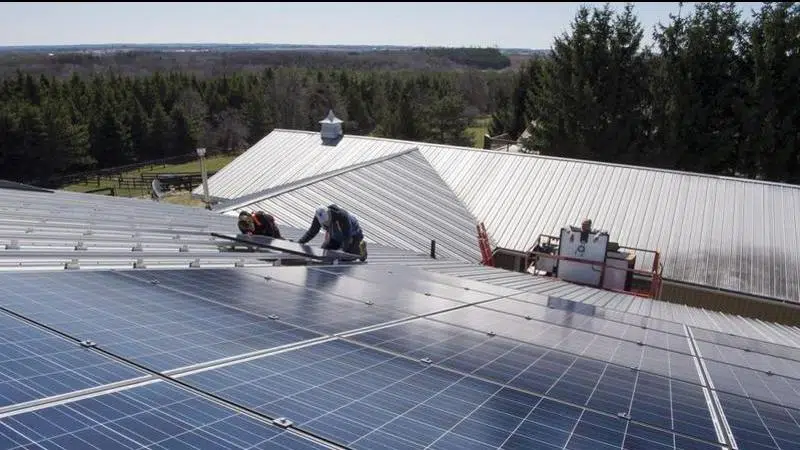
Northern communities selected for U of S renewable energy project
Deschambeault Lake and Pelican Narrows are part of an $8.8 million international partnership project to explore how northern residents can achieve energy independence, as well as benefit economically and socially by developing renewable energy.
The project is being led by two University of Saskatchewan researchers including Bram Noble, a professor of geography and planning, along with School of Environment and Sustainability professor and Fulbright scholar Greg Poelzer. According to the U of S, there are more than 250 northern and Indigenous communities in Canada of which many are dependent on diesel generators or on an electrical grid highly vulnerable to storms.
“It’s truly working together in identifying the kind of questions we need to ask around energy usage, access and security,” Poelzer said. “What are the challenges and what are the needs around energy? If we had more clean and local energy, what kind of economic opportunities and social benefits could come from that? We’re partners with this on the community level.”
In terms of finding solutions to reach energy independence, participants in the project will work with communities from Alaska, Norway and Sweden. Poelzer said other communities in those regions are more advanced than Canada when it comes to renewable energy and there’s a lot that can be learned from their trials and errors. Those international communities also have decades of experience in policy, development, use, governance and management of renewable power.


